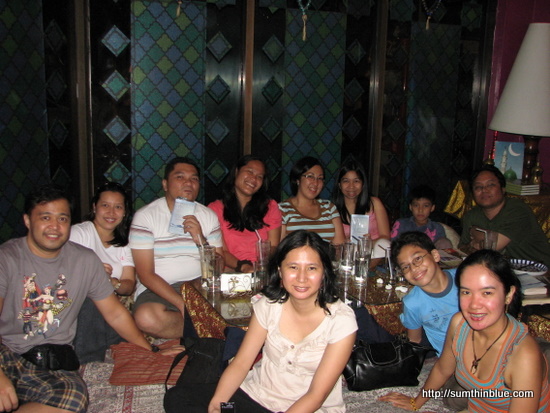
Our book for the month over at Flips Flipping Pages is Neal Stephenson’s “Seveneves,” which is quite a doorstopper so I carved out time a couple of weeks ago to read it.
It begins quite ominously: “The moon blew up without warning and for no apparent reason,” which basically is a drawn-out disaster scenario, where fragments of the moon are set to rain down on Earth in around two years, rendering it inhabitable for 5,000 years. Evacuation into space is determined as the best hope for humanity, and the world’s powers and scientists quickly assemble the Cloud Ark. The International Space Station is transformed into a hub for smaller vehicles (arklets), to house two representatives from each nation, as well as a handful of specialists to ensure the survival of the human race.


